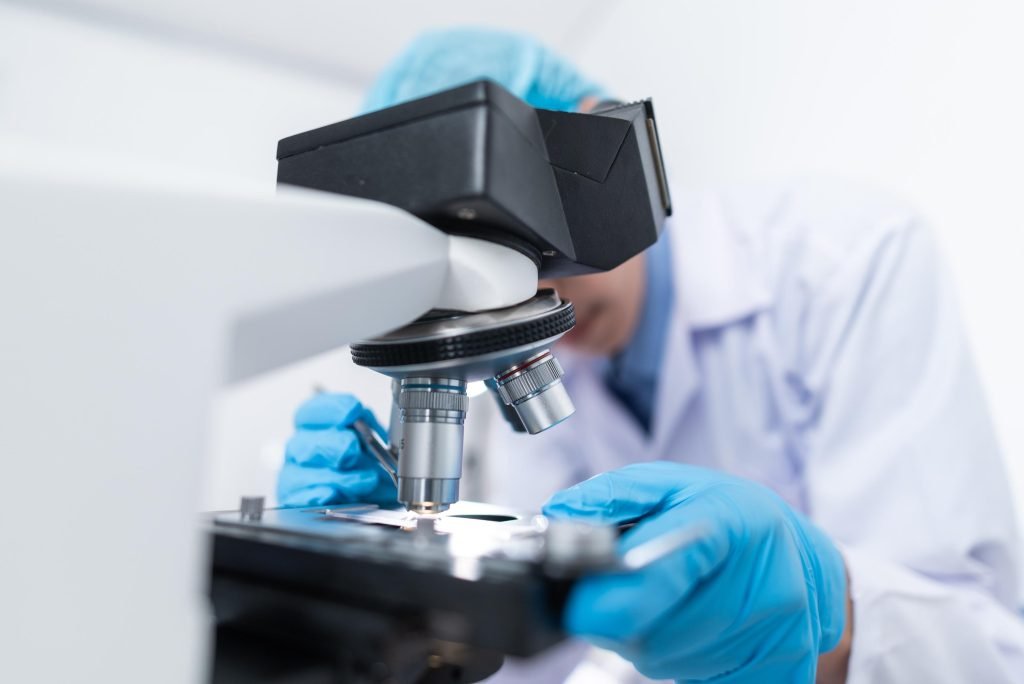
Common Gastrointestinal Disorders
Gastrointestinal disorders affect the gastrointestinal tract, which runs from your mouth to the anus. There are two forms of gastrointestinal disorders; functional and structural. When evaluated, your GI tract looks normal but does not move properly for functional conditions. In structural disorders, your bowel looks abnormal when examined and does not function properly. Symptoms of gastrointestinal diseases vary, but the common ones include acid reflux, constipation, diarrhea, and bloating. Your South Texas Family Medicine and Urgent Care Center doctor treats your condition depending on the underlying cause and symptoms. There are many gastrointestinal disorders, including:
Gallstones
Gallstones are hard deposits that form in your gallbladder. They can develop when you have too much cholesterol or waste in your bile or your gallbladder does not empty appropriately. American Gastroenterological Association study shows that about one million Americans get gallstones yearly. When gallstones block the ducts leading from the gallbladder to your intestines, you can experience sharp pain in your upper-right abdomen. Your doctor can recommend medications to dissolve gallstones. If the stones do not dissolve, your doctor will perform surgery to remove your gallbladder.
Gastroesophageal reflux disease (GERD)
GERD is when your stomach acid flows back into your mouth through the esophagus. The main symptoms include persistent heartburn and acid regurgitation. You may also experience trouble swallowing, a feeling of food caught in your throat, a dry cough, and bad breath. Anyone can have GERD, but you have higher risks if you are pregnant, overweight, smoke, or take certain medications that may cause acid reflux.
Irritable bowel syndrome
Irritable bowel syndrome is a common digestive disorder that can cause stomach pain or discomfort at least three times monthly for several months. It affects about ten to fifteen percent of people worldwide, and symptoms vary from hard, dry stools too loose, to watery stools. You can also experience bloating. Treatment for IBS is based on your symptoms and may include diet changes like low-fat, high-fiber meals and avoiding common trigger foods such as dairy products, alcohol, and caffeine.
Hemorrhoids
Hemorrhoids are inflammation of the blood vessels at the end of your digestive tract. The presence of bright red blood in your bowel may indicate hemorrhoids. It is a common condition affecting about seventy-five percent of Americans over forty-five years. Chronic constipation, diarrhea, and straining during bowel movements are common causes of hemorrhoids. Treatments for hemorrhoids include eating more fiber, drinking water, and exercising. Over-the-counter creams and suppositories can relieve hemorrhoid symptoms temporarily.
Crohn’s disease
Crohn’s disease is a group of digestive issues known as inflammatory bowel disease. It can affect any gastrointestinal tract part but is more common in the terminal ileum, which connects the small bowel end and the beginning of the colon. Doctors do not know what causes Crohn’s disease, but they link it to genetics and family history. The common symptoms of Crohn’s disease include abdominal pain, diarrhea, rectal bleeding, weight loss, and fever. Treatment depends on your symptoms and may consist of topical pain relievers, immunosuppressants, or surgery.
Gastrointestinal disorders affect the gastrointestinal tract, which runs from your mouth to the anus. The common gastrointestinal disorders include gallstones, GERD, irritable bowel syndrome, hemorrhoids, and Crohn’s disease. Schedule an appointment at South Texas Family Medicine and Urgent Care Center for gastrointestinal disorder treatment to relieve your diarrhea.

